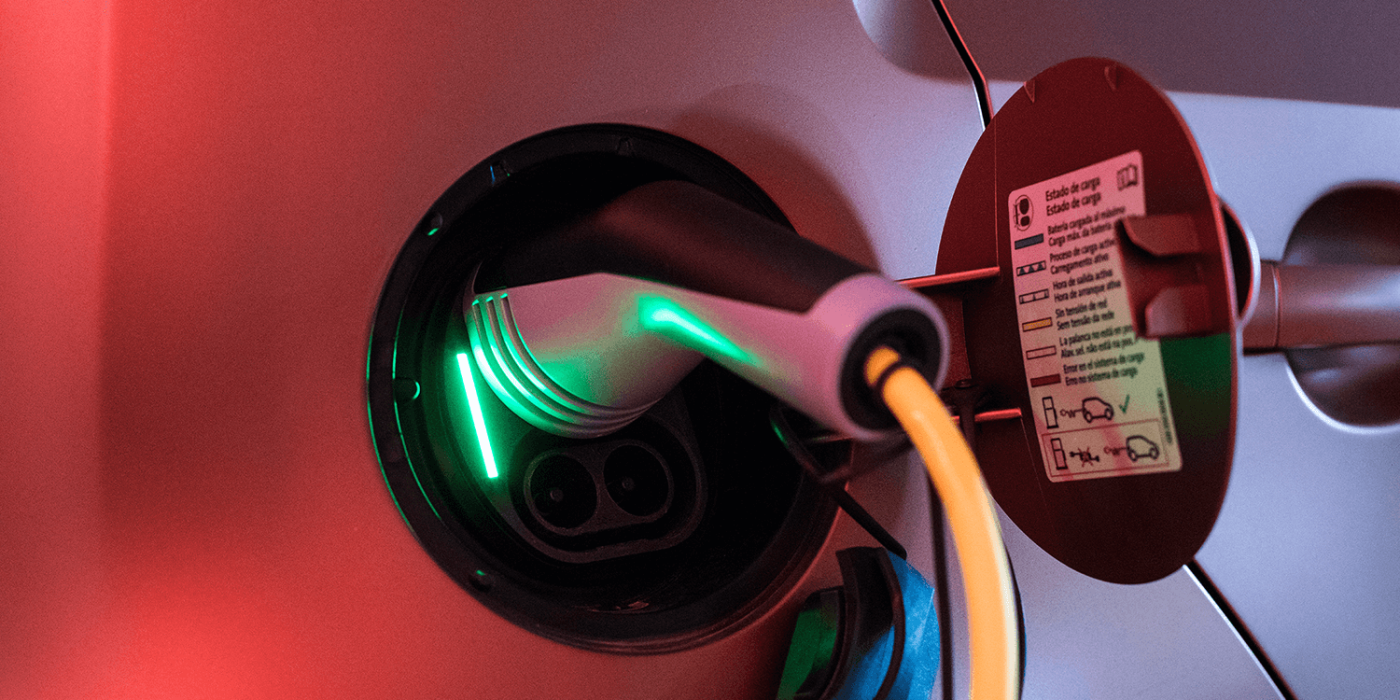Russia set to subsidise EV and battery manufacturing
The Russian government is to offer subsidies to manufacturers of electric vehicles and batteries to co-finance the costs associated with the construction of plants and to special investment contracts. Electric cars are also to be allowed to drive free of charge on toll roads from next year on a trial basis.
The Russian news agency Tass refers to a document approved by Prime Minister Mikhail Mishustin saying only that manufacturers of electric vehicles and batteries will be eligible.
According to the report, in addition to these subsidies, further mechanisms to accelerate the uptake of zero-emission vehicles will include the exemption of electric vehicles from tolls will start in 2022. As a further incentive, electric cars are to be included in the concessionary loan and leasing programmes. According to Tass, manufacturers of hydrogen fuel cells will also be able to count on similar support.
According to the Russian government website, a complete list of measures for the development of the electric mobility sector will be presented by the government within the next three months.
Meanwhile, Tass also writes that at least 72,000 charging stations and 1,000 hydrogen filling stations are to be built in Russia by 2030. This is said to be the result of an official government document. As recently as June, it was said that 11,000 charging stations were to be built in Russia by 2024 and 50,000 by 2030. So the targets have apparently been revised upwards in a very short time.
As far as domestic production of electric vehicles is concerned, the Russian government is planning on around 44,000 units in 2025 and 217,000 units in 2030, according to Tass.
Despite presiding over some of the world’s largest oil resources, Moscow’s push for electric mobility is apparently driven by global market developments. At the beginning of this month, Reuters cited a representative of the Ministry of Economy, saying that a subsidy programme for electric cars could start in 2022. We have summarised the details here.
According to a report from early June, the Russian government plans to invest a total of 777 billion roubles (8.6 billion euros) in the development of battery and hydrogen vehicles by 2030. This is supposed to massively increase the number of electrically powered vehicles.
After interim difficulties, the Zetta, which is Russia’s first electric vehicle, is now to go into series production at the end of the year. The small and compact three-door electric vehicle is to be produced at the Togliatti plant in the Samara region. A fuel cell car is also to follow by 2024.





0 Comments